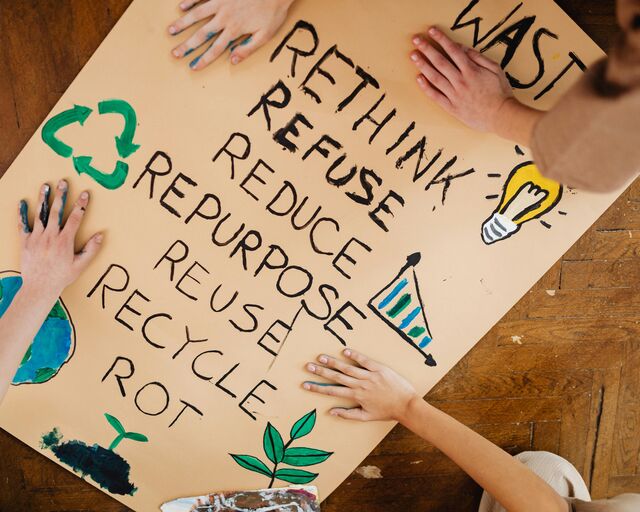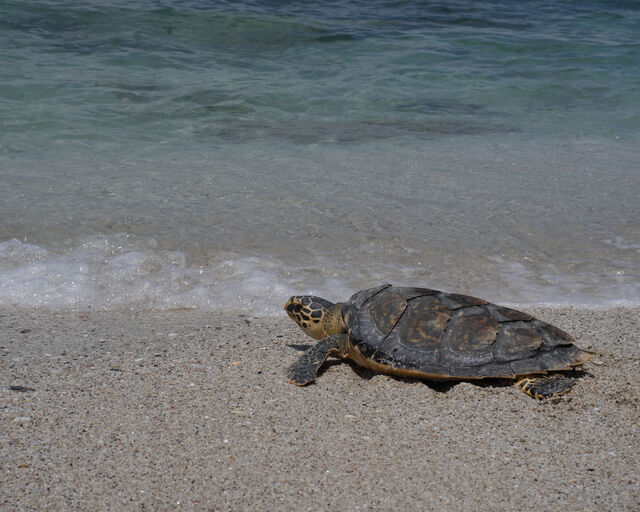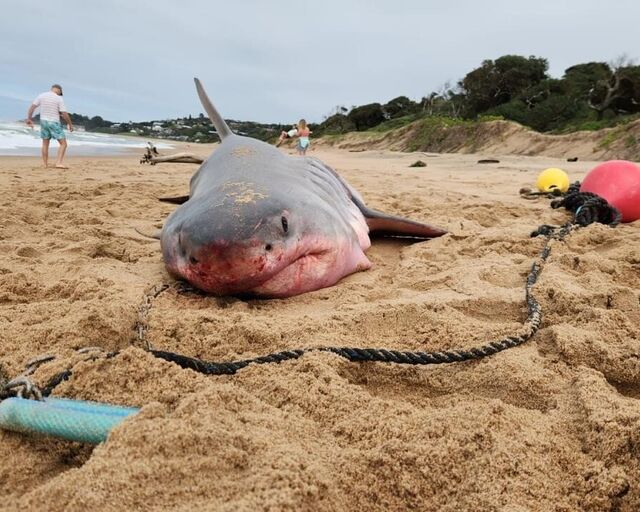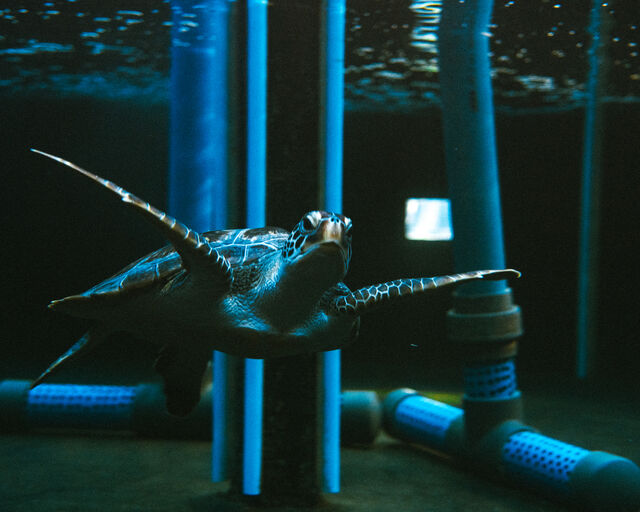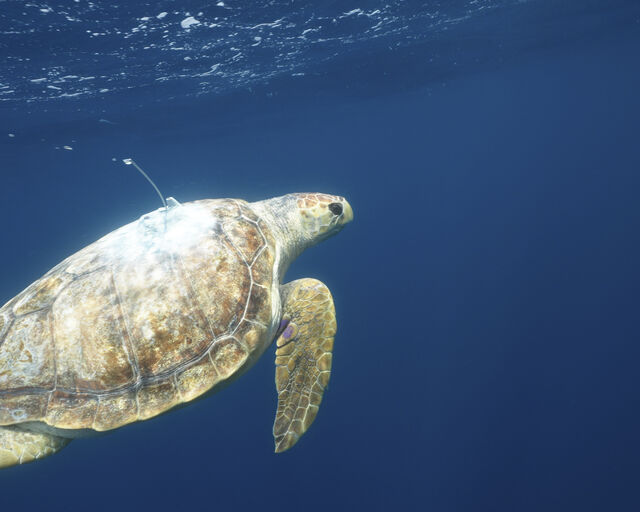What is World Wetlands Day?
Every year on 2 February, we celebrate World Wetlands Day, a day dedicated to protecting the incredible biodiversity of South Africa's wetland habitats. Wetlands are crucial for wildlife and humans, offering a haven for animals and plants while supporting our climate, water purification, job creation, and economy. Simply put, our survival depends on healthy wetlands.
So, why Wetlands Week?
Our Ocean Campus’ Wetlands Week outreach programme aims to inspire young people to explore and connect with the wetlands in their local area, cultivating a deeper appreciation for the unique plants and animals they support. This year, we selected Edith Stephens Wetlands Park, a large seasonal wetland surrounded by Cape Flats Sand Fynbos and Cape Flats Dune Strandveld vegetation. Managed by the City of Cape Town in collaboration with the local community, this wetland was chosen for its proximity to the participating schools.
Ocean Campus invited Grade 6 learners from five schools in the surrounding areas to participate in our Wetlands Week programme. Around 250 students from Kwakhanya Primary, Imbasa Primary, Andile Primary, Sonwabo Primary, and St Mary Primary joined for this exciting day out. The daily programme provided learners an opportunity to explore the role of wetlands for both humans and animals, emphasising the wetland's importance to the community and encouraging schools to adopt the site for future educational programmes.
The learners were divided into two groups: Thabo Sabeko, Ocean Campus Outreach Teacher, focused on the wetland's environmental role, while Mark Arendse led discussions on the animals found in the wetland, with a special focus on birdlife. The group was even fortunate enough to spot a weaver and swallow nest during Mark’s session, and the learners watched swallows catching miggies in the trees above us.
After the outdoor lessons, the learners moved indoors, where microscopes, magnifying glasses, and water samples from the wetlands awaited. This was an exciting chance to observe the microscopic creatures living in Edith Stephens Wetland. The group then conducted a mini-SASS (South African Scoring System) evaluation to assess the freshwater conditions. SASS is a rapid bioassessment technique that uses benthic macro-invertebrates (tiny organisms that live on the bottom of a body of water) to assess water health, specifically in riverine habitats like wetlands.
After a busy day at the wetlands, the group headed to the Two Oceans Aquarium, where the students had the chance to explore our various exhibits. They enjoyed watching the African penguin feeding and interacting with the touch pool, offering a relaxing afternoon after a full and educational morning at the wetlands.
“This programme is especially vital because wetlands are invaluable ecosystems. They provide essential services such as filtering water, removing pollutants, and preventing floods by slowing water flow. Beyond these critical functions, wetlands also offer immense biological and social benefits. Yet, it is disheartening that these incredible ecosystems are often dredged and destroyed with little consideration for their irreplaceable value. If more people understood the countless ways wetlands support us and how easy it is to help protect them, we could make a real difference in preserving these precious spaces,” says Chanelle Thomas, Education Programme Manager.
A special thanks to our incredible Ocean Campus team, all the volunteers, and Mark Arendse!
Related News
Sign up to our Newsletter
Receive monthly news, online courses and conservation programmes.
